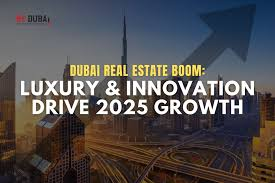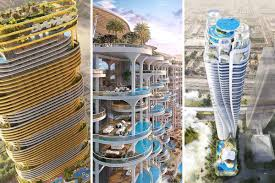Now Reading: “Why the Green Economy Is the Future You Can’t Ignore 2025”
-
01
“Why the Green Economy Is the Future You Can’t Ignore 2025”
“Why the Green Economy Is the Future You Can’t Ignore 2025”
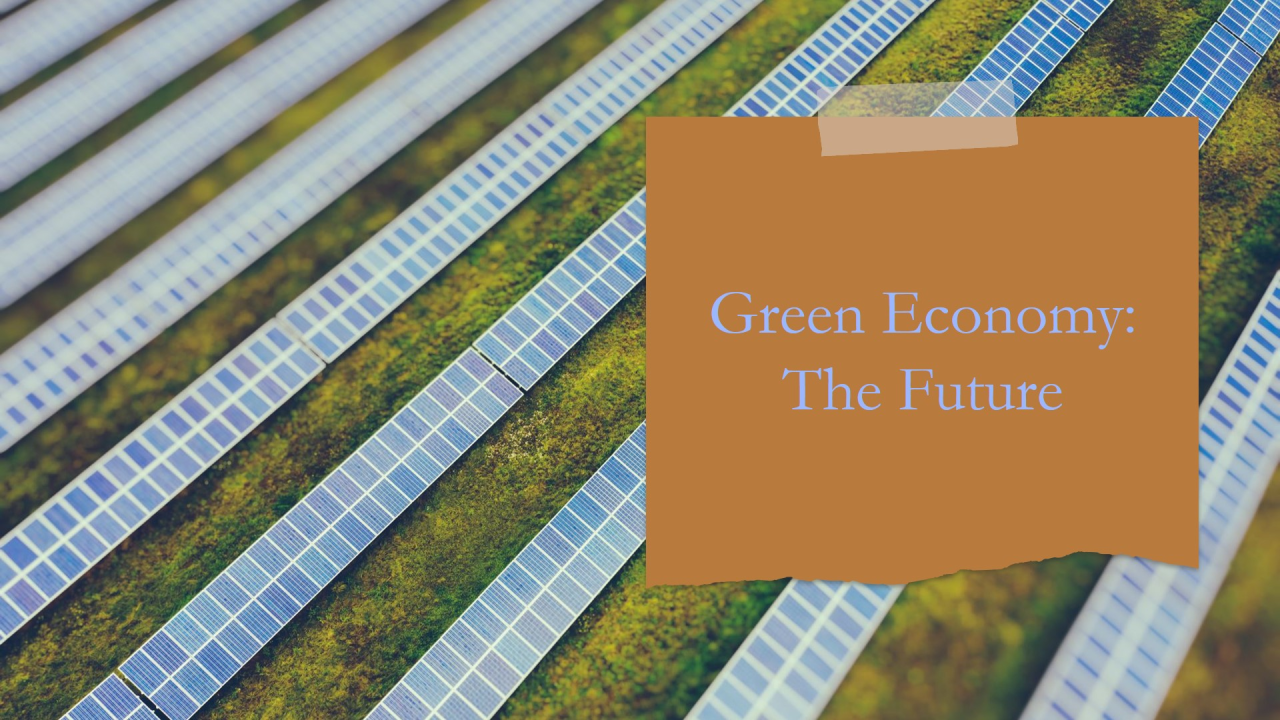
Table of Contents
The world is changing fast. With climate change, pollution, and resource scarcity becoming urgent global challenges, countries, companies, and individuals are seeking smarter and cleaner ways to grow their economies. This is where the concept of the Green Economy comes in—a path toward growth that protects the environment, creates new jobs, and ensures a better future for everyone.
But what exactly is the green economy? Why is it so important now? And how can it shape the future of work, business, and daily life?
Let’s dive in.
What Is the Green Economy?
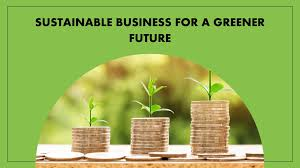
In simple words, a green economy is one that improves human well-being and reduces environmental risks. It is not just about protecting nature—it is also about smart, efficient growth that creates jobs, drives innovation, and supports social fairness.
The United Nations Environment Programme (UNEP) defines the green economy as one that results in “improved human well-being and social equity, while significantly reducing environmental risks and ecological scarcities.” In such an economy, growth comes from renewable energy, clean technology, energy efficiency, sustainable agriculture, and eco-friendly services.
Key areas of a green economy include:
- Renewable Energy: Solar, wind, hydro, and other clean energy sources.
- Green Construction: Buildings designed to use less energy and water.
- Sustainable Transport: Electric vehicles, cycling paths, and better public transport.
- Waste Management: Recycling, composting, and reducing single-use products.
- Eco-friendly Agriculture: Organic farming, soil conservation, and water-saving techniques.
Why Is the Green Economy Important Now?
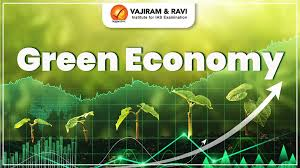
The world population is expected to reach 9.7 billion by 2050, which means demand for energy, food, and water will rise sharply. If we continue using fossil fuels and harmful practices, pollution levels will worsen, and natural resources may run out faster than expected.
Here are the top reasons why countries are moving towards a green economy:
- Fighting Climate Change:
The green economy helps cut down carbon emissions by promoting renewable energy and energy efficiency. - Creating New Jobs:
Sectors like solar energy, electric vehicle manufacturing, recycling, and organic farming are generating millions of new jobs. The International Labour Organization (ILO) estimates that the green economy could create 24 million new jobs by 2030. - Protecting Natural Resources:
Cleaner production methods reduce water use, deforestation, and pollution, helping preserve ecosystems for future generations. - Saving Money in the Long Run:
Green technologies often save energy and reduce waste, cutting long-term costs for both companies and consumers. - Improving Public Health:
Reducing pollution and promoting clean energy improves air quality and health, lowering diseases like asthma and respiratory problems.
Examples of Green Economy in Action
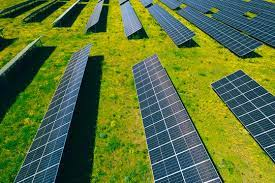
Countries and companies are already taking big steps toward building a green economy:
- Germany has invested heavily in solar and wind energy. In some years, renewable sources supplied over 40% of its electricity.
- China leads the world in the production of electric vehicles and solar panels, aiming for carbon neutrality by 2060.
- The United States has launched the Inflation Reduction Act, with billions of dollars going into clean energy, green manufacturing, and sustainable agriculture.
- In India, the government is promoting solar parks, green hydrogen production, and electric mobility to reduce dependence on fossil fuels.
- Many global companies like Tesla, IKEA, and Unilever have set net-zero or sustainability targets, changing how they produce and sell products.
Challenges in Building a Green Economy
While the green economy offers many benefits, it is not easy to build. Several challenges remain:
- High Initial Costs:
Green technologies like solar panels or electric cars can be expensive upfront, even if they save money later. - Need for Skilled Workers:
New industries require a workforce trained in green skills, which means investing in education and training programs. - Policy Gaps:
Some countries lack clear laws, incentives, or regulations to support green businesses and clean technology. - Resistance to Change:
Traditional industries like coal, oil, and gas may fight against green reforms to protect their profits.
How Can You Support the Green Economy?
The green economy is not just for governments and big businesses—everyone can play a part:
- Use Energy Wisely: Switch off lights, use energy-saving appliances, and consider solar panels for your home.
- Choose Sustainable Products: Buy goods made from recycled materials or certified as eco-friendly.
- Reduce, Reuse, Recycle: Cut down on waste and recycle wherever possible.
- Support Green Businesses: Pick companies that care for the planet when you shop or invest.
- Stay Informed and Vote: Choose leaders and policies that promote environmental protection and green innovation.
The Future of the Green Economy
Experts believe that the green economy is not just a trend—it is the future. As technologies get cheaper and better, more countries and businesses will embrace green practices. Green cities with clean air, smart transport, and eco-friendly industries may soon become the new normal.
A report by the World Economic Forum suggests that investing in the green economy can unlock $10 trillion in business opportunities and create millions of jobs by 2030.
In short, going green is not just good for the planet—it is also smart for the economy.
Conclusion
The green economy offers a win-win solution for the world’s biggest problems. It can drive growth, create jobs, protect nature, and improve quality of life. But this vision will only succeed if governments, businesses, and people work together.
The choice is clear: a green economy means a better, safer, and richer future for all.
Read More:- Deyaar’s Latest Announcement Shakes Up the UAE Property Market



